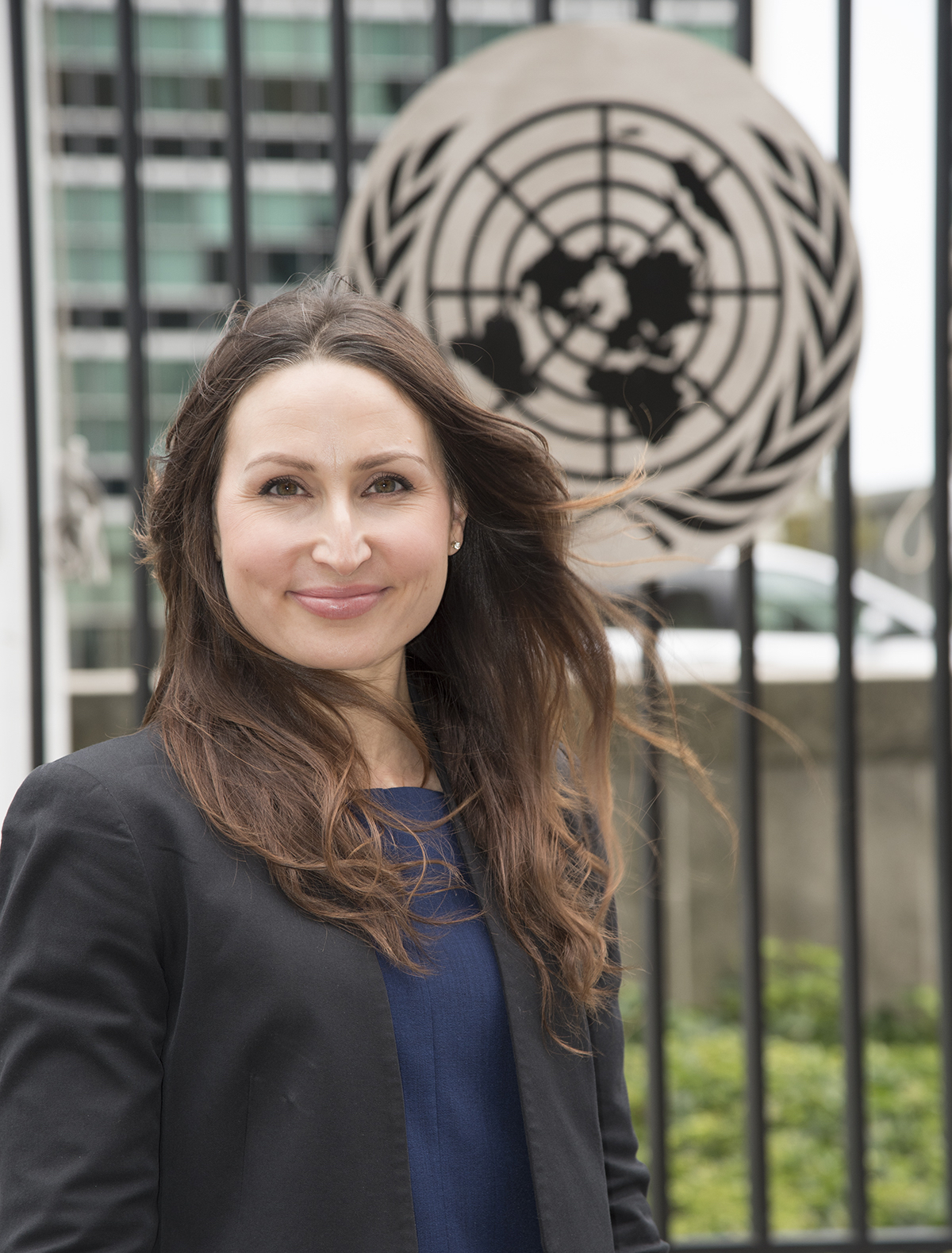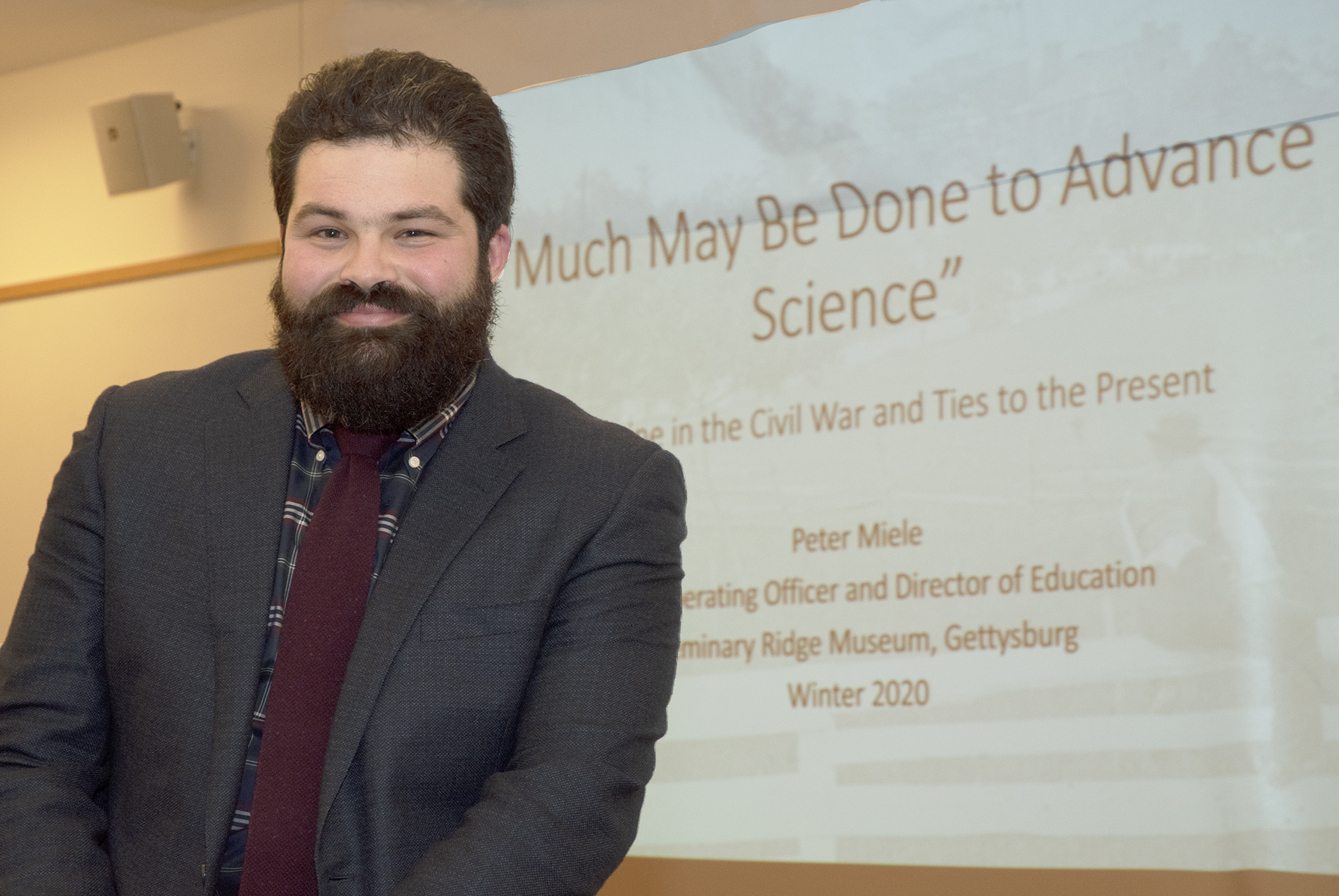College News | Long Read
Liberal Arts Majors Are Highly Valued in Today’s Job Market
by Teri Gatto | Winter 2021
“So, what are you going to do with that English degree, teach?” is a common question many students have faced—the implication being that job prospects were dim and students would find themselves among the many overeducated and underemployed in the gig economy. Sometime in the last two decades, the liberal arts began to go out of favor. Unless you were planning on a teaching career, many saw no point in studying English, anthropology or history, for example.
“I think that attitude was the result of the 2008 financial crisis; parents and students became more concerned about the financial benefits of a college education,” says Susan Hangen, Interim Dean, School of Humanities and Global Studies (HGS). “With the challenges that started with the pandemic in 2020, parents and students may become even more attached to the idea of a college as a form of specific job training.”

A Liberal Arts education is not a vocational education; it is an education that gives you the abilities that enable you to enter into a variety of careers.
As the cost of college tuition slowly crept up, many began to question the “return on investment” of a Liberal Arts education. Many business majors could count on a healthy salary right after graduation, people assumed, but what could political science majors bank on with their degree?
“A Liberal Arts education is not a vocational education; it is an education that gives you the abilities that enable you to enter into a variety of careers,” explains Hangen. “The Liberal Arts teach you not just ‘how to’; they also give you an in-depth understanding of the contexts in which we live – the contexts in which we will be thinking and making decisions. The pandemic has demonstrated just how important broad interdisciplinary knowledge is to understanding and solving the biggest problems of our times. Science alone cannot explain the spread of Covid-19 or any other diseases. Rather, our political and social structures and ideologies shape how people and institutions act, and we must understand these forces to understand and resolve the current crisis.”
Rather than seeing college as a place where people are trained for a role in the workplace, Hangen suggests viewing those four years as a time of transformation; a time when students are prepared to tackle the challenges of a fast-changing economic landscape.
“We don’t know what the careers of the future will be and so we have to give students a solid background in context and the durable abilities of critical writing, thinking, problem solving, project management,” she adds. “Those are what you are going to gain through liberal arts programs.”
will be and so we have to give students a solid background in context and the durable abilities of critical writing, thinking, problem solving, project management,” she adds. “Those are what you are going to gain through liberal arts programs.”
Today, employment recruiters know that broad-based liberal arts skills can be directly applicable to jobs in marketing, sales and other facets of business, and they often search for candidates who have those very valuable qualities.
“One of our history graduates is a data analyst specializing in identifying business trends,” says Hangen. “Another, a political science major, is now the director of a large cyber security company.”
Ramapo liberal arts majors have gone into government, the non-profit field, including prestigious organizations such as the World Bank, the United Nations, and the Andrew Goodman Foundation.
“Today, the career opportunities of our students are very strong,” says Hangen. “And thanks to the unique array of complex skills they’ve acquired, such as strong written and oral communications, critical thinking and the ability to work compatibly, our liberal arts majors can forge successful careers in a wide range of fields.
HGS Alumni

Gabriella Borovsky ’04
Gabriella Borovsky, Global Policy Specialist, UN Women, graduated with a degree in Political Science in 2004, and earned a Master’s of Science Degree in International Development Studies from the London School of Economics. She has worked globally on issues of gender equality and women’s participation in politics, elections and democracy. “Ramapo cultivated a sense of curiosity and diligence in me. Through my various experiences, from studying abroad to serving as the Student Trustee, I learned how to navigate my way through an organization, and talk to all kinds of people – all of which have served me well throughout my career,” Borovsky said.
Peter C. Miele ’11
Ramapo College alumnus Peter C. Miele ’11 was the guest speaker for the presentation “Much May Be Done to Advance Science: Medicine in the Civil War and Ties to the Present,” which brought to light how medical professionals still employ today patient care methods that were used during the Civil War. Miele is the Chief Operating Officer and Director of Education at the Seminary Ridge Museum in Gettysburg, Pennsylvania. His talk drew on the exhibits at the museum, and on the educational work they do there. Miele studied history at Ramapo and received a certificate in secondary education. He now uses the medical lessons of the Civil War to teach about care, decision-making and innovations in the present and the future. He has presented discussions on topics such as the 19th century opioid addiction and its impact on Civil War veterans, and the African-American experience and barriers of service during the Civil War.

